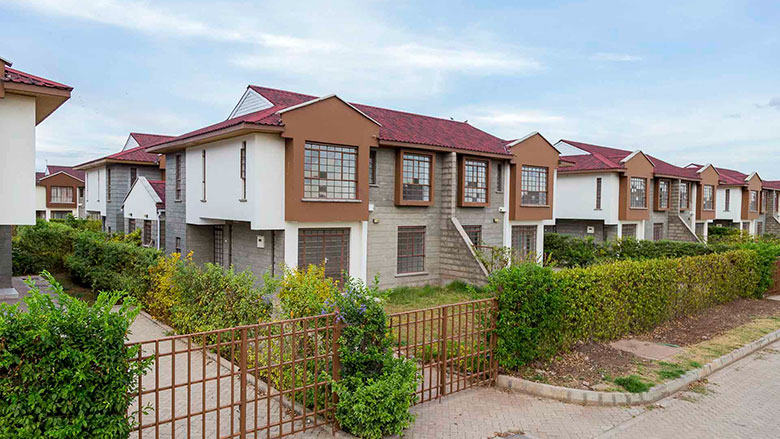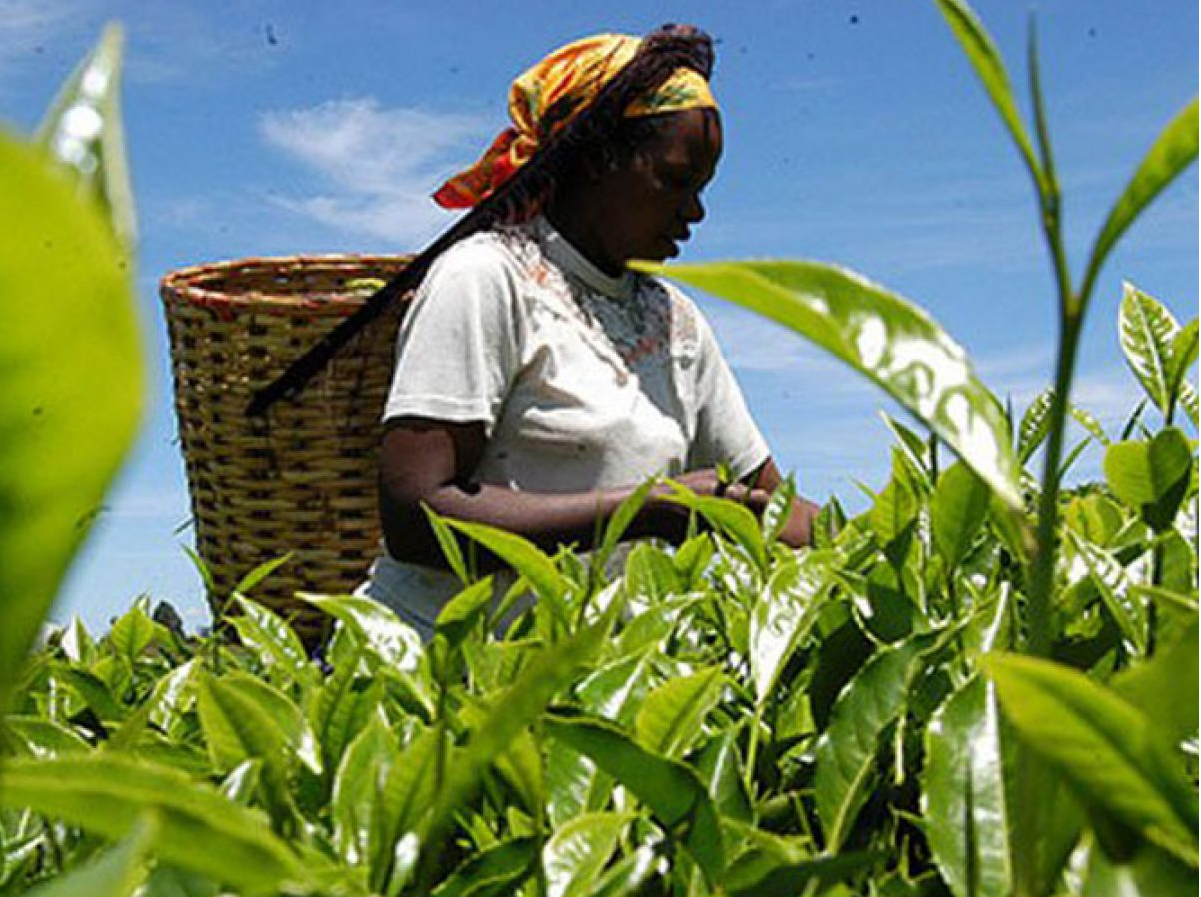Property sellers have been hit with the 2019/2020 budget as the Cabinet Secretary for Finance, Henry Rotich proposed to raise the Capital Gains tax to 12.5% from the current 5%.
“After four years of implementation there is need to review the Capital Gains Tax (CGT) legislation to enhance equity and fairness as well as harmonize the rate with other jurisdictions,” Rotich said while reading the budget to members of the National Assembly.
This will lead to low income by people selling land, buildings, securities and intangible assets. The real estate sector is likely to be influenced the most by this change as it is an active sector in the selling and buying of properties.
The main reason the government more than doubled the CGT is to increase revenue collection as this will affect the property owners who make up most of the wealthy individuals in the economy.
CGT is tax that is levied on transfer of property, if the value of the asset at the time of sale is greater than the initial purchase price. The CS, however, excluded the transfer of properties necessitated by restructuring.
Analysts at Cytonn investments, a real estate company based in Nairobi, said the increase might result in the ‘lock in effect’ which means property owners will hold onto their properties.
“This may result in “lock in effect” – The investors may result to holding properties that have appreciated to avoid paying the CGT on the same if the margins are low. This will, therefore, interfere with free flow of transactions, resulting to decline in number of property listings and sales,” they added.
Increase in CGT might also lead to a hike in property prices which will eventually affect the buyer. In an attempt to make up for the money that will go to CGT, sellers are likely to hike prices.
However, on a positive, Cytton said increase in CGT will lead to tax equity given it targets the wealthy members of the society. The 2019/2020 budget has hit the poor more and the Capital gain tax brings more equality on those affected by it.
Read: NBK shareholders okay major step in KCB takeover deal
The CGT, however, does not affect all property sellers as there is an exemption of companies who will be moving from one location to another for the purpose of restructuring. These companies might be affected by hiked prices if the seller of their new premises will be taxed.












Leave a comment